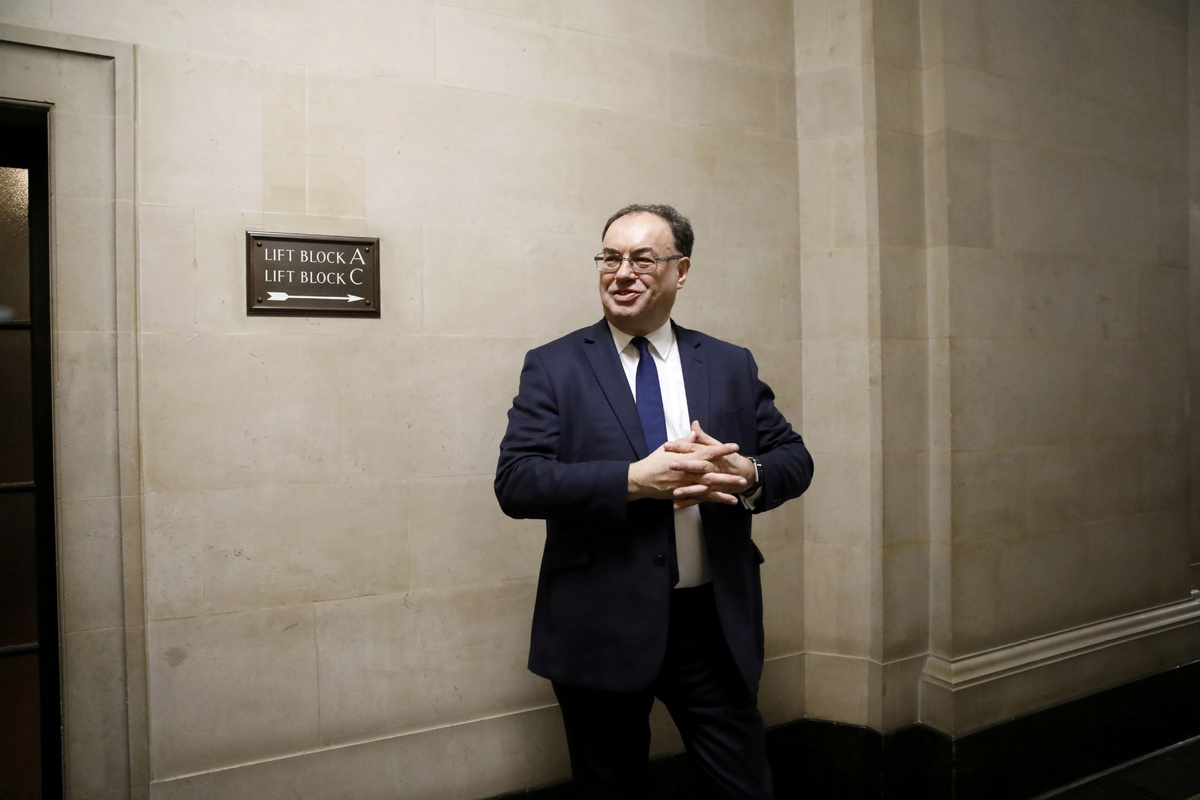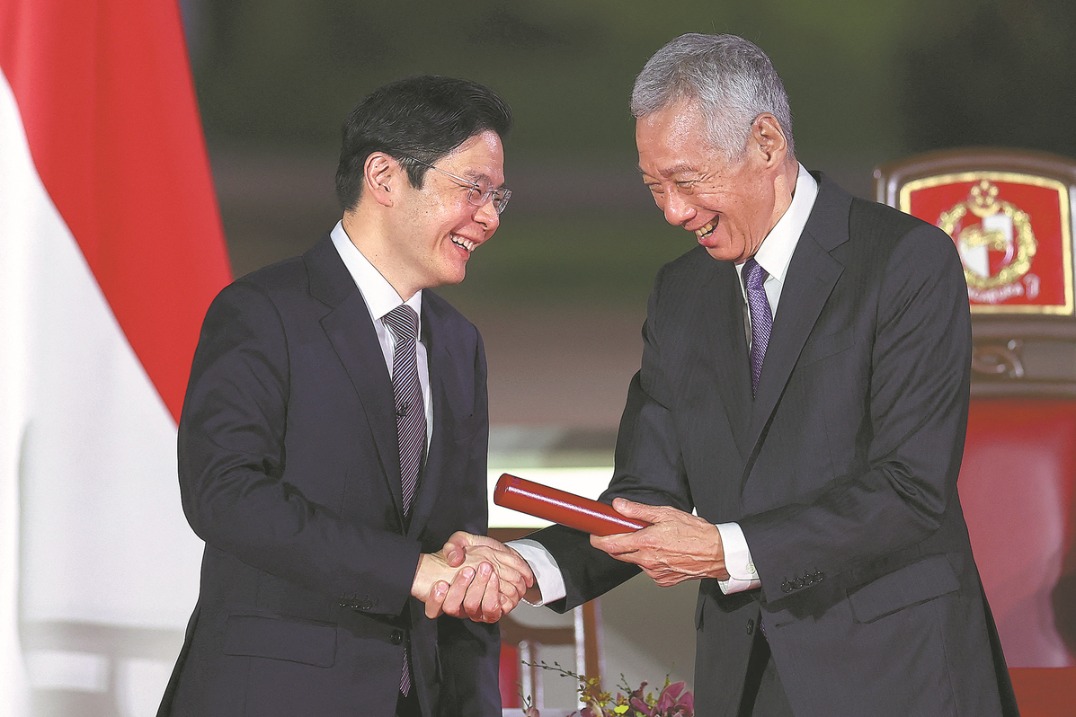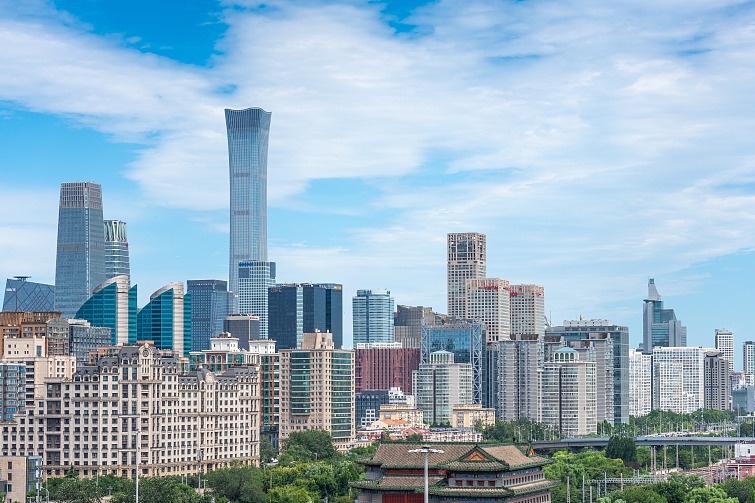Britain mulls unprecedented interest rate
By JONATHAN POWELL | China Daily Global | Updated: 2020-05-22 09:38

Bank of England governor hints at radical move to kick-start economy
Negative interest rates to help stimulate an economic recovery are under consideration for the first time ever in the United Kingdom, according to the governor of the Bank of England.
Governor of the central bank Andrew Bailey said on Wednesday that the radical idea of cutting interest rates below zero could be introduced for the first time in its 324-year history.
Just a week ago, Bailey had said the bank was not planning or contemplating negative rates amid the novel coronavirus crisis.
Under questioning from members of Parliament in a House of Commons Treasury select committee meeting, Bailey admitted that he had "changed his position a bit" and that the bank is now "looking very carefully" at the experience of other countries that had used the policy.
Lower interest rates are seen as tools to boost the economy because they make it cheaper for companies and households to borrow.
Negative interest rates mean retail banks have to pay to keep money in their central bank's virtual vaults. They are designed to spur lending but limit banks' profitability.
The central bank has already reduced rates to a record low of 0.1 percent as the COVID-19 crisis and its economic fall out drag the UK into an expected recession.
On the prospect of introducing negative rates, Bailey said: "We do not rule things out as a matter of principle. That would be a foolish thing to do. But that doesn't mean we rule things in either."
Bailey told MPs that a number of other central banks have used negative rates, and are "publishing quite interesting assessments at the moment". The Bank of Japan and the European Central Bank have both cut rates below zero.
The comments came a day after official figures showed a record rise in unemployment claims in April as the consequences of the enforced novel coronavirus lockdown took its toll on jobs.
Chancellor of the Exchequer Rishi Sunak said that the country was facing a "severe recession the likes of which we haven't seen". According to the central bank, GDP could fall by 14 percent this year amid the worst annual slump for more than 300 years.
Speaking on the BBC's Today program on Thursday, Simon French, chief economist at British Merchant Bank Panmure Gordon, said negative interest rates make it expensive for retail banks to sit on their reserves and forces them to push their money out into the economy.
French said: "When a retail bank deposits excess reserves with its own bank, the Bank of England, it is effectively charged for the pleasure. When you move interest rates to negative you in effect do a charge, which in theory will incentivize the banks not to deposit those excess reserves but lend them out to households and businesses."
























